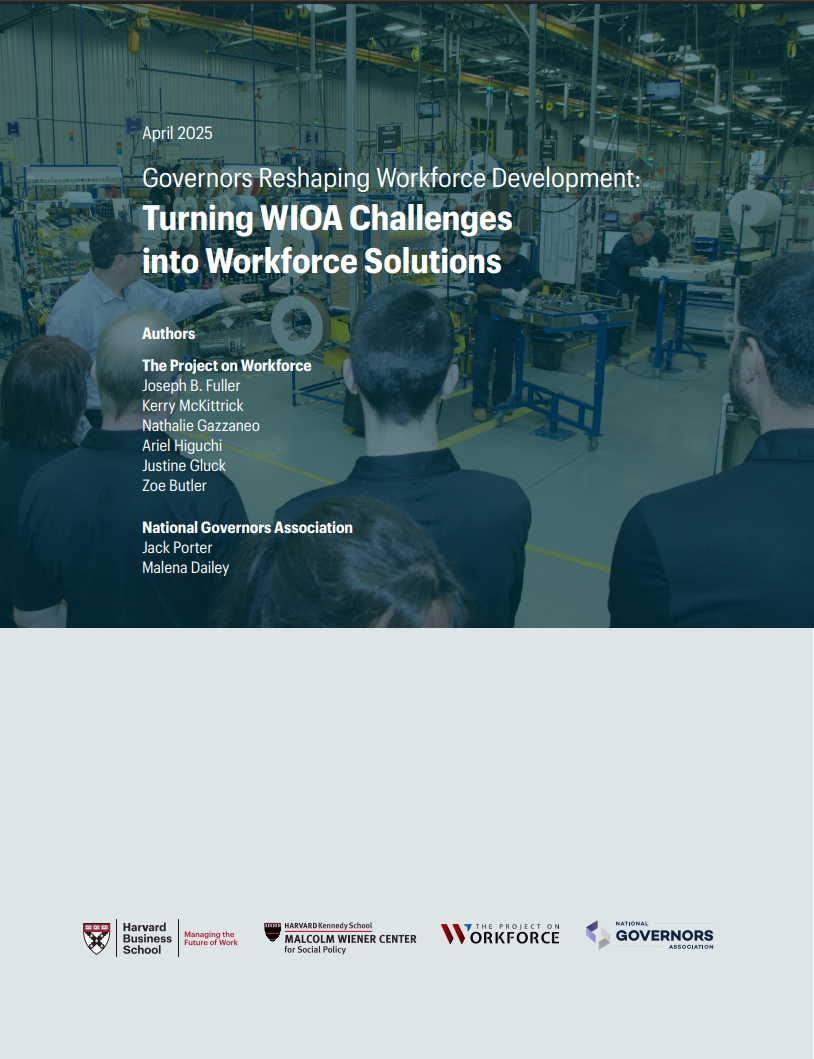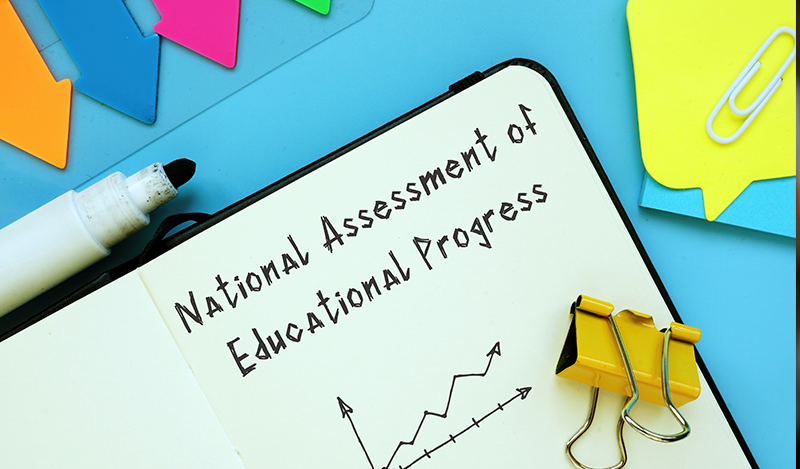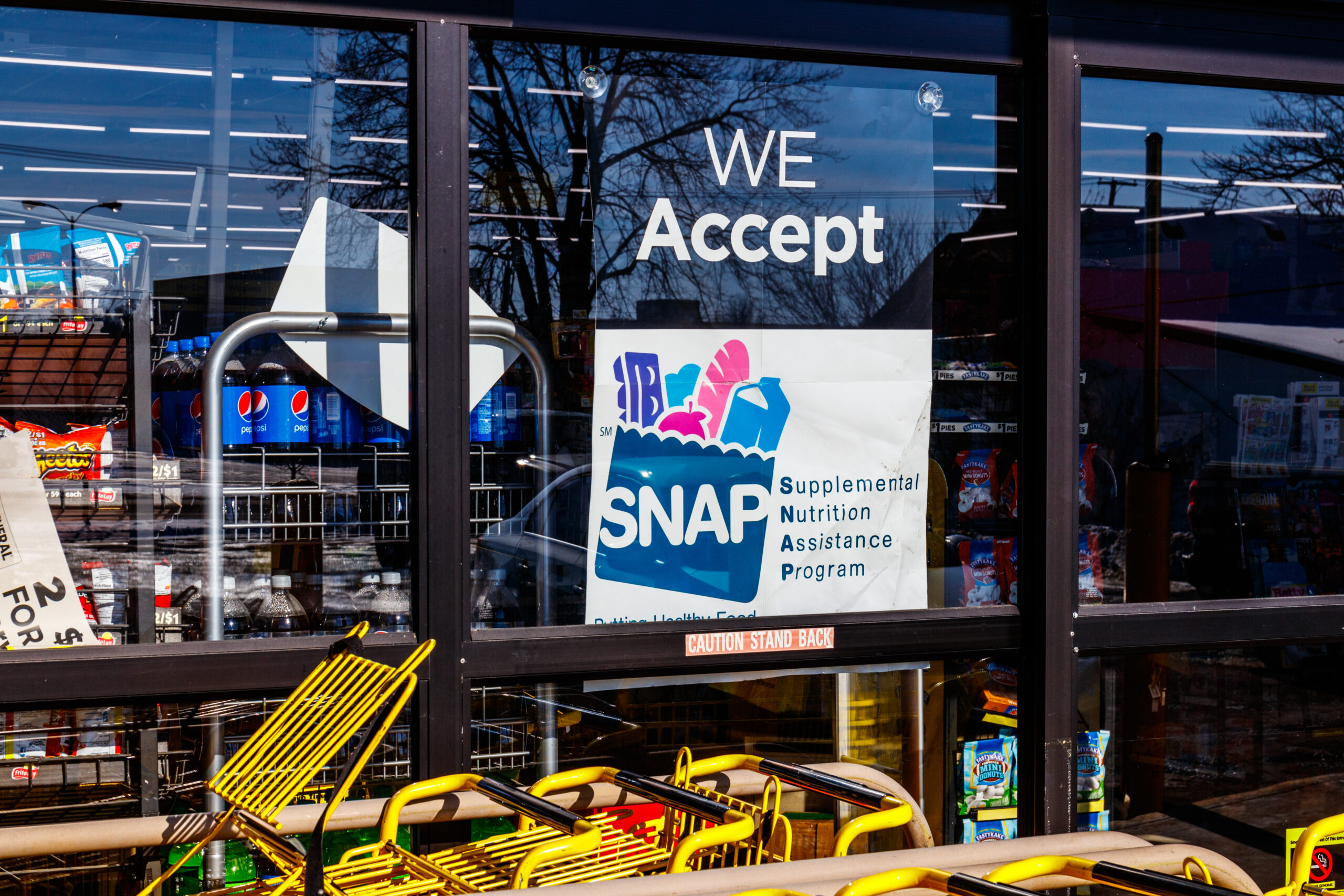Welcome to Our Research Archive
Search and filter by content type, issue area, author, and keyword
- ✕ Clear Filter
- Angela Rachidi (9)
- Beth Akers (6)
- Brent Orrell (13)
- Bruce D. Meyer (3)
- Daniel A. Cox (3)
- Edward J. Pinto (7)
- Edward L. Glaeser (1)
- Frederick M. Hess (1)
- Howard Husock (5)
- Ian Rowe (3)
- John Bailey (2)
- Joseph Fuller (5)
- Kevin Corinth (7)
- Kyle Pomerleau (1)
- marie cohen (1)
- Mark Schneider (2)
- Mason M. Bishop (1)
- Matt Weidinger (5)
- Max Eden (1)
- Michael Brickman (1)
- Michael R. Strain (5)
- Naomi Schaefer Riley (3)
- Nat Malkus (6)
- Nicholas Eberstadt (1)
- Paul Ryan (1)
- Preston Cooper (5)
- R. Glenn Hubbard (1)
- Richard Burkhauser (2)
- Richard V. Burkhauser (1)
- Robert Doar (1)
- Robert Pondiscio (2)
- Ryan Streeter (2)
- Samuel J. Abrams (1)
- Scott Winship (10)
- Stan Veuger (3)
- Timothy P. Carney (1)
- Tobias Peter (10)
- W. Bradford Wilcox (15)
- Yuval Levin (1)

April 28, 2025
You Autor Know
Along with many other controversial issues in 2025, Americans are at odds over the merits of tariffs. Underlying this debate is a more specific one—the impact of increased trade with China over the past 25 years on American manufacturing employment. Advocates of tariffs hope they will bring back blue-collar jobs, to which they ascribe special…

April 9, 2025
Governors Reshaping Workforce Development: Turning WIOA Challenges into Workforce Solutions
The Project on Workforce and National Governors Association release a new report on how Governors are leveraging WIOA and other policies to design, fund, and implement workforce development strategies in an evolving economic landscape. Governors-Reshaping-Workforce-DevelopmentDownload

March 24, 2025
Tax Abatements: The Best-Kept Secret to Revitalizing Struggling Communities—Without Spending Taxpayer Money
A well-designed property tax abatement program can dramatically shift project economics by temporarily reducing tax burdens, making new housing development financially viable—without requiring government subsidies. Philadelphia’s 10-year tax abatement is a powerful example: a simple policy that helped reverse decades of decline by unlocking private investment and spurring the construction of tens of thousands of…

March 13, 2025
Trends in Net College Tuition and Financial Aid, 1990–2020
Key Points Introduction College costs are out of control—or so the narrative goes. In recent years, a counternarrative has emerged that argues, correctly, that the meteoric rise in the sticker price of college is misleading. Net college tuition, or tuition after financial aid is applied, has risen far less quickly than sticker price tuition and…

March 10, 2025
Many Children Left Behind: The 2024 National Assessment of Educational Progress Results Indicate a Five-Alarm Fire
Key Points Introduction By now, the awful results from the 2024 National Assessment of Educational Progress (NAEP)1 have been publicized, chewed over, and digested—and they are already moving into the rearview mirror as states, school districts, and teachers fall back into the comfortable routine of doing the same thing over and over again. But continuing that…

February 24, 2025
A Conservative Vision for Higher Education Reform
Key Points Introduction The year 2019 marked a dramatic turning point in the national discourse on higher education policy. On April 22, 2019, Senator Elizabeth Warren, vying for the Democratic nomination for president, announced that as president she’d cancel up to $50,000 of student debt for 42 million Americans.1 She started a chain reaction, with each…

February 21, 2025
Hope And A Future: Forging Strong And Stable Families In Ohio, 2025
What is the American dream? It is a “better, richer, and happier life for all our citizens of every rank,” in the words of James Truslow Adams, the historian who coined the term just over a century ago. Adams knew it would be hard to sustain the dream. That is why every generation must strive,…

February 18, 2025
Family-Friendly Policies for the 119th Congress
Key Points Read the PDF. Introduction America is in a baby bust, with birth rates hitting record lows and still falling. Young Americans are getting married later and less. Meanwhile, parents face rising stress, and children suffer an epidemic of anxiety. The family is the fundamental building block of a society, as the cell is…

February 10, 2025
For Better: Four Proven Ways To A Strong And Stable Marriage
Introduction “Marriage is a path to misery and a transition of loss marked by giving up and missing out.” This is the message that, surprisingly enough, is emanating from both leftwing journalists like Amy Shearn, who tells us in The New York Times that “Married motherhood in America… is a game no one wins,” and rightwing online influencers…

January 30, 2025
Eliminating the Benefit Cliff and Achieving Savings for Taxpayers: A Reform Proposal for the Supplemental Nutrition Assistance Program
Key Points Read the PDF